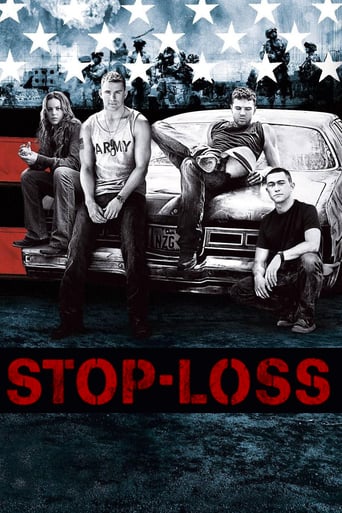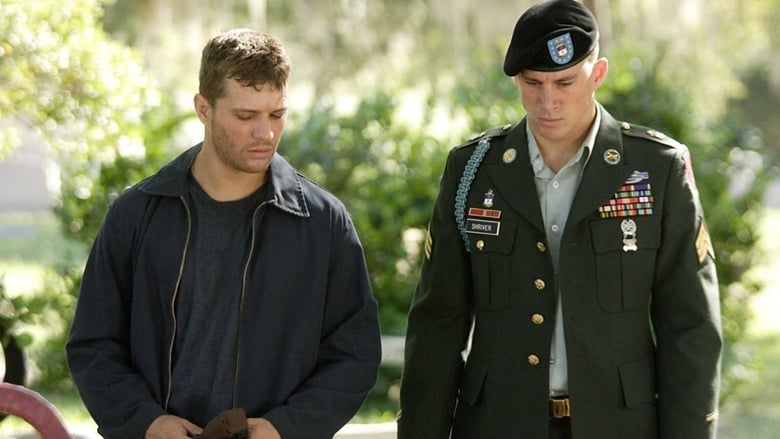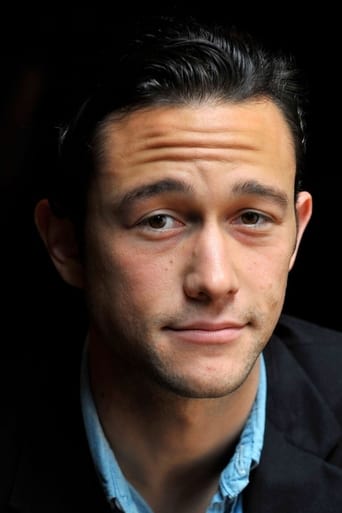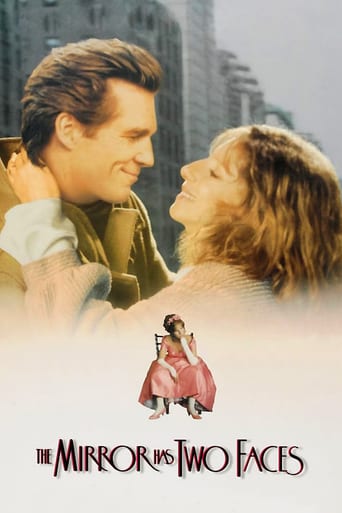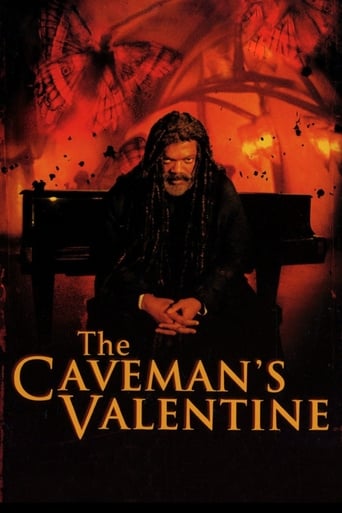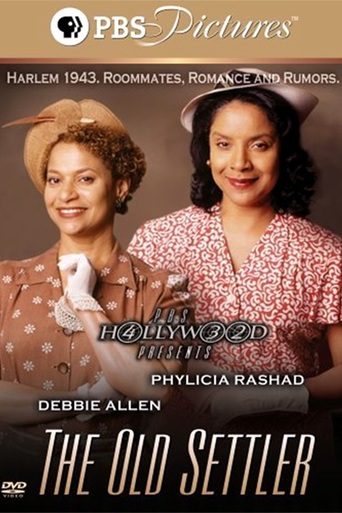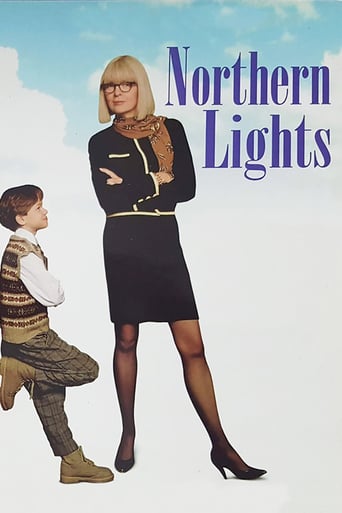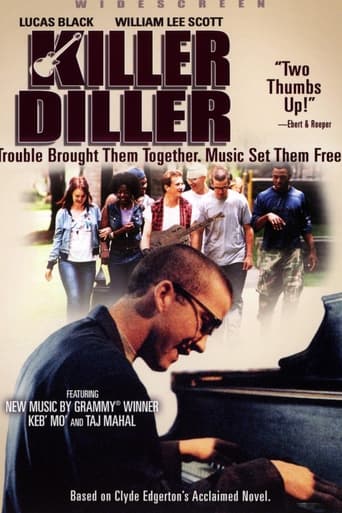Stop-Loss (2008)
A veteran soldier returns from his completed tour of duty in Iraq, only to find his life turned upside down when he is arbitrarily ordered to return to field duty by the Army.
Watch Trailer
Free Trial Channels
Cast


Similar titles
Reviews
A Brilliant Conflict
How wonderful it is to see this fine actress carry a film and carry it so beautifully.
It's a mild crowd pleaser for people who are exhausted by blockbusters.
Great story, amazing characters, superb action, enthralling cinematography. Yes, this is something I am glad I spent money on.
By definition, Stop-Loss is an order issued by the United States that would extend one's time in action after their time serving is done during times of war. This movie is a powerful, tragic look on the trauma soldiers face after leaving the action. We see how these lives are far from normal and how war not only personally affects them, but the lives around them. This film may be seen to have a political agenda, but then again the Iraqi war was all just for political nonsense in the first place.Kimberly Peirce's film is about a U.S Army Staff Sergeant named Brandon who becomes traumatized along with this two friends back home after he accidentally killed innocent people overseas. While thinking he is home for good, he realizes that he is going to be sent back despite his resistance.This film is well-acted and is full of rising stars. Ryan Phillippe does a good job as Brandon and he makes us sympathize for him and practically every soldier on he job. Channing Tatum is pretty good even though I felt he seemed a little wooden and moody. Joseph Gordon-Levitt is my favorite actor in this movie and I wish I saw more of him in the movie.Overall, this is a powerful take on what war will do to you and how it will change you. This is a film about today's generation of wars and how powerful they have become. Like it or not, the United States was in a war for no reason and despite all the bravery, these young men were dying for no reason. That is what the message of the film is. It's an underrated, but vastly powerful film. I rate this film 9/10.
This film is about three US soldiers who goes back home after the war in Iraq. One of them gets redrafted back to the army on the day he is supposed to be discharged from the army.I did not know about the plot of "Stop-Loss", and hence I was in for a shock. "Stop-Loss" is so different from other war films, as it portrays the other side of war. It does not tell how glorious wars are, but the physical and psychological traumas that entails from these gruesome wars. The portrayals of the trauma are very real, ranging from physical disability, flashbacks, difficulty adjusting to civilian life and disrupted social relationships back home. These problems are so real and authentic, making the plot so engaging and effective. I did not like the ending though, as I do not quite understand the psychological processes behind Ryan Philippe's character's decision.It is refreshing to view the life of a soldier from a different perspective, and I am pleasantly surprised by "Stop-Loss".
Stop-Loss slots nicely into a canon of films populated by 'issue' pieces dealing with the war in the Middle East, or on Terror; a film looking at, as the following year's Rendition did with the detainment rights America seemingly has on terror suspects, the titular 'stop-loss' policy - a ruling forcing veterans back out to the Gulf front lines for more tours of duty against their wishes and against prior agreements with the government. It additionally comes to strike us as the sort of film designed to habituate your more younger adult viewers on the issue of war, warfare and the war in The Middle East; that wars and warfare carry with them side effects, that explosions and wartime hostilities carry with them a shrill price. Through what most would refer to as a process of trivialisation through that of the medium of computer games, and a general skirting around of certain issues, Stop-Loss feels designed to both unearth and bring to the forefront the backlog of hurt and bother that often arrives with what most of Stop-Loss' target audience may already perceive as a passive pursuit.Where the film somewhat flails on the front of the former, and despite feeling like an unabashed 'awareness' piece, it succeeds in bringing attention to the latter; an involving enough documentation of the fallouts of war. In another sense, it did its job on the political front; I was unaware of the stop loss policy, what it entailed and how people might go about dealing with it if in disagreement. The film opens with a sequence of warfare I didn't expect to be as effective as it was. We witness a squad of Iraqi-based American soldiers fighting enemy soldiers still loyal to the causes that desire Western involvement banished from the territories. It is a skirmish that only really kicks off after several of the troops have risen to the bait of an armed man in a car at a checkpoint, whom then promptly leads the gung-ho soldiers into an enclosed street and an ambush. Bullets begin to fly, rockets are propelled and people are hurt in a locale somewhat passingly resembling your bog-standard online multi-player game arena.For several men, it was the last happening of an arduous tour; several soldiers, as well as platoon leader Brandon King (Phillippe) and Channing Tatum's Steve Shriver, both of whom will later come to to contribute to the text more greatly, depart following the tour's termination and head to their home states. King's and Striver's is Texas. Once home, their surroundings are constructed as a somewhat sickly place of pro-war garb and patriotic singing; a place in which all the women are overtly photogenic and the young boys of the town idolise their newly arrived war heroes - director Kimberly Peirce even finds room for a composition of the American flag fluttering limply in the breeze. Suffice to say, the locals are over the moon to have their boys back; the post-tour celebratory party following an opening battle going along way to summarise the general outlook on the war as a whole: we're winning, we're taking heavy losses and a lot of Arabs local to the territories are dying for not an awful lot, but we're winning.The homecoming is sweet on the surface to these people, and on the surface alone; odd behavioural patterns beginning to plague that of what Striver does thus upsetting his fiancé Michelle (Cornish) and forcing King into getting involved, the foul smell of post-traumatic stress disorder filling the air and filling the grounds of Striver's front lawn when the digging of fox holes in the dead of night as well as the persistent speaking to himself plays out. For King, problems rear up when he is a victim of that aforementioned stop-loss policy; a forcing of him back to the hotbeds of The Middle East against his wishes - an order devilishly delivered to him by a Lieutenant colonel played by Timothy Olyphant, whom always looks like he's having fun playing that seedy guy you're supposed to dislike but isn't necessarily the villain, and something that sees King, in his own words, "screwed by the system".King takes it upon himself to just leave; a fugitive out on the road with that of Michelle since, y'know, she's prettier and will make for better company than that of his parents. Where the film goes is into the realms of where films such as these, ranging from Taxi Driver to Borne on the Fourth of July, often go; that is to say, a physical journeying that will open the lead's eyes to a "real" America of stuff they'd previously been somewhat oblivious to. Their cross-country travelling on this occasion sees them journey to Washington D.C., so as to try and garner some help from a senator whom was as kind as you like when King's tour was still fresh in the memory, but then seems totally disinterested. It plods and it waves proverbial flags, but it does the job; along the way, we anticipate King and Michelle's romance - her patching up of his wounds following a brawl an obligatory 'coming-together' moment of a sensual and physical sort. Peirce finds room to rear up the shocking nature of your more decrepit veterans: an excursion to a military hospital dealing with those whom lost limbs and such arriving as further issue-baiting which clunks into proceedings rather than slots neatly. Stop-Loss is not without merit, and surprised me in how far is was willing to go in its politics; it's tough to begrudge the film, and its air of ambiguity as to whether it's a film glorifying the running from's one duty or the standing tall for what one believes in is good value, but I suspect the director has a better film up her sleeve and as far as the War on Terror canon goes, you could do a lot better yourself.
After watching Stop-Loss, I find myself against disappointed in Hollywood for making such a stinker. Gone are the days of glory of the films of the 1940's that made one proud to be an American, fighting the evilness that desires conquest abroad and death at home. What we are left with is dribble frothing at the mouth of rabid anti-Bush radicals. The story tells of three young men who return home from the war. One descends into out-of-control madness, culminating in his death. The main protagonist deserts his country at a time of war, and destroys his best friends relationship with his fiancé at the same time. The third truly is the hero of the story, electing to continue the fight that was brought to our shores nearly eight years ago. What makes this movie bad, is not the acting, but the premise behind it. We are lead to believe that decorated soldiers are in fact haters of our country. Desertion is akin to treason in a time of war, and the main protagonist flirts with it throughout the movie. This paradox is designed to weaken the audience's reaction to the central act of the movie. We are not supposed to find fault with King, since he wears medals, but his actions don't just merit it, but cry out for it. He is not an anti-hero. In order to accept the movie, the audience must accept the correctness of desertion because the story paints King as nothing else short of a hero. I cannot accept that, since it is like asking me to call the sky yellow on a clear blue day. Furthermore, derision for the real hero is heaped upon, the man who re-enlists and continues to serve his country. I would only recommend this stinker to someone who needs convincing of the decay of Hollywood, as it is a clear example of it. No wonder it fared poorly in the box office.

